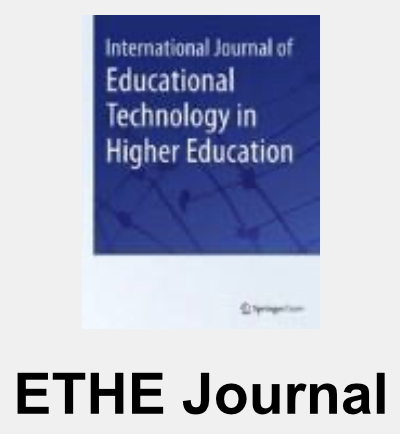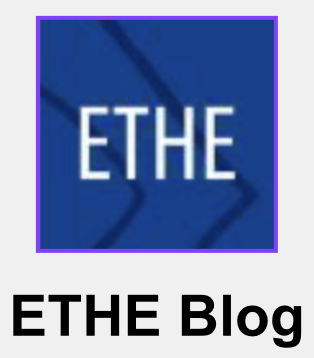New article of Edul@b: “Learning ecologies through a lens: Ontological, methodological and applicative issues. A systematic review of the literature”
The article “Learning ecologies through a lens: Ontological, methodological and applicative issues. A systematic review of the literature” written by the researchers of Edul@b Albert Sangrá, Juliana Raffaghelli and Montse Guitert has been published in the British Journal of Eduational Technology.
The objective of this work has been to try to frame a concept on which Edul @ b has been working through different national projects: learning ecologies. The importance of the topic of learning ecologies could lie in the explanatory and theoretical power embedded in this concept to guide new ways of thinking about the connections between formal, non-formal and informal learning, as this division, particularly from learning in digital contexts, seems to have become obsolete.
A systematic review is always a rigorous approach to analyze everything produced in the scientific community, with a rigorous method of analyzing the literature. In fact, the authors considered the importance of carrying out this task for the last 20 years of scientific production connected to the topic, basing on the hypothesis that there were gaps in the field to cover in order to build a solid base for the most important objective in educational research: the support to educators and educational institutions in the application of effective strategies to promote learning.
Abstract of the article
The concept of learning ecologies emerged in a context of educational change. While the “learning ecologies” construct has offered a broad semantic space for characterizing innovative ways of learning, it is also true that its potential to promote innovative educational interventions may have been hindered by this same broadness. Based on this assumption, in this paper the authors carried out a systematic review of the literature on learning ecologies with the aim of analysing: (1) the varying definitions given to the concept, including the ontological perspective underlying the phenomena studied; (2) the methodological approaches adopted in studying the phenomenon; and (3) the applications of the research on this topic. Throughout this analysis, the authors attempt to describe the criticalities of the existing research, as well as the potential areas of development that align well with the theoretical/ontological issues, methodological approaches and educational applications.
The authors selected and analysed 85 articles, which they then classified in a set of 20 categories defined by them on a theoretical basis. Moreover, in order to triangulate the manual coding, a bibliometric map was created showing the co‐citation activity of the 85 papers. The emerging picture showed significant variability in the ontological definitions and methodological approaches. In spite of this richness, few educational applications currently exist, particularly with regard to technology‐enhanced learning developments. Most research is observational, devoted to describing hybrid (digital and on‐site) learning activities that bridge the gap between the school and social spaces. Furthermore, many of the studies relate to the field of secondary education, with fewer studies exploring adult learning and higher education. The studies dealing with professional development relate mostly to teachers’ continuing education.
The authors conclude that the concept of learning ecologies could be used to address further experimental and design‐based research leading to research applications if there is proper alignment between the ontological, methodological and applicative dimensions. The main potential of this strategy lies in the possibility of supporting learners by raising their awareness of their own learning ecologies, thereby empowering them and encouraging them to engage in agentic practices. This empowerment could help maintain and build new and better learning opportunities, which every learning ecology can incorporate, amidst the chaotic abundance that characterizes the digital society.
You can find the complete article in the following link: https://onlinelibrary.wiley.com/doi/full/10.1111/bjet.12795.
As it is a magazine that requires subscription, the authors will be happy to share copies of the “pre-print” version with researchers and educators who are interested.






